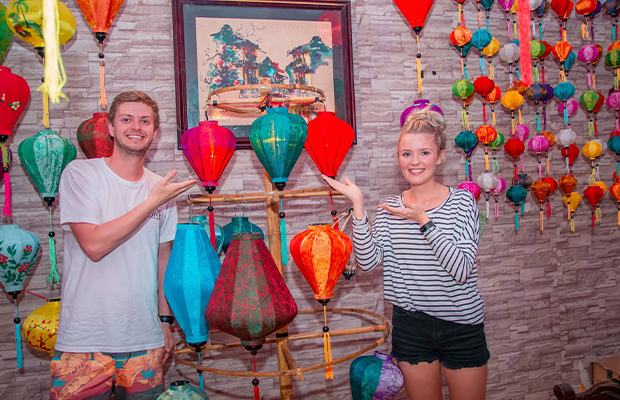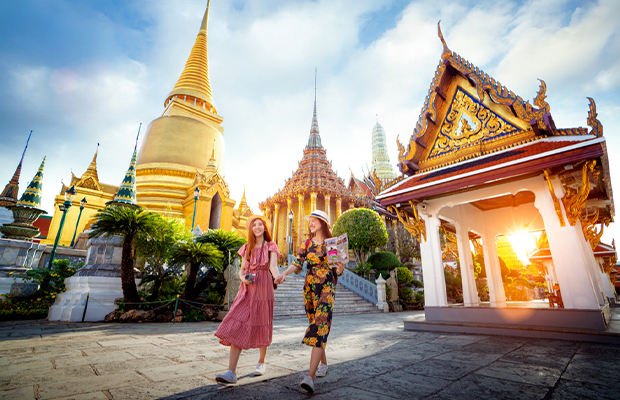Life on the Water: 5 Facts about the Floating Villages in Cambodia
Cambodia has a rich history and culture, and its floating villages are a unique and fascinating aspect of that culture. These villages are built on the water, and they have a distinct way of life that is both fascinating and inspiring.
In this travel guide, we will explore the history, economy, culture, and lifestyle of the floating villages in Cambodia, and we will provide tips on how to get there and what to see.
![]() What Are the Floating Villages in Cambodia?
What Are the Floating Villages in Cambodia?
![]() Why Are There Floating Villages in Cambodia?
Why Are There Floating Villages in Cambodia?
![]() How Do Floating Villages Work in Cambodia?
How Do Floating Villages Work in Cambodia?
![]() Who Lives in the Floating Villages in Cambodia?
Who Lives in the Floating Villages in Cambodia?
What Are the Floating Villages in Cambodia?
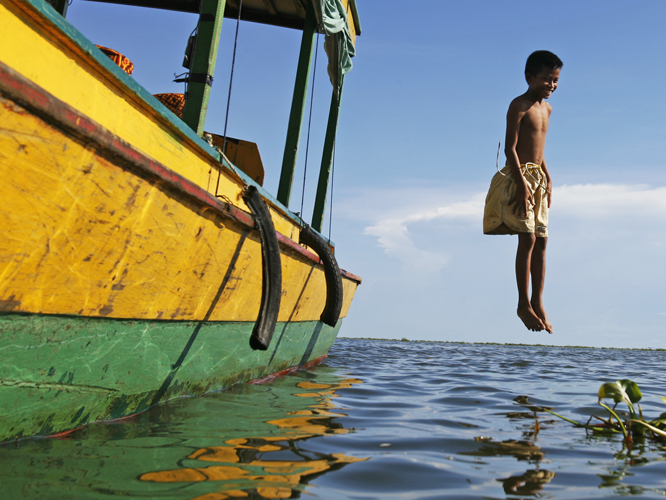
Children are jumping right to water on Tonle Sap Lake
Cambodia's floating villages are unique communities built on the water, primarily on the Tonle Sap Lake. There are several floating villages throughout Cambodia, each with its unique characteristics and attractions, including Chong Khneas, Kampong Phluk, and Prek Toal.
One of the most famous floating villages is Chong Khneas, which is located near the city of Siem Reap. This village is home to a bustling market, and visitors can take a boat tour to see the houses, schools, and other attractions.
Another famous floating village is Kampong Luong, located on the Tonle Sap Lake. This village is known for its colorful houses and friendly residents, and visitors can take a boat tour to explore the village and see the floating gardens.
Related Itineraries Recommended:
3 Days Siem Reap Tour with Tonle Sap Lake
4 Days Cambodia Culture Tour in Siem Reap
15 Days Exploration Tour of Cambodia
Why Are There Floating Villages in Cambodia?
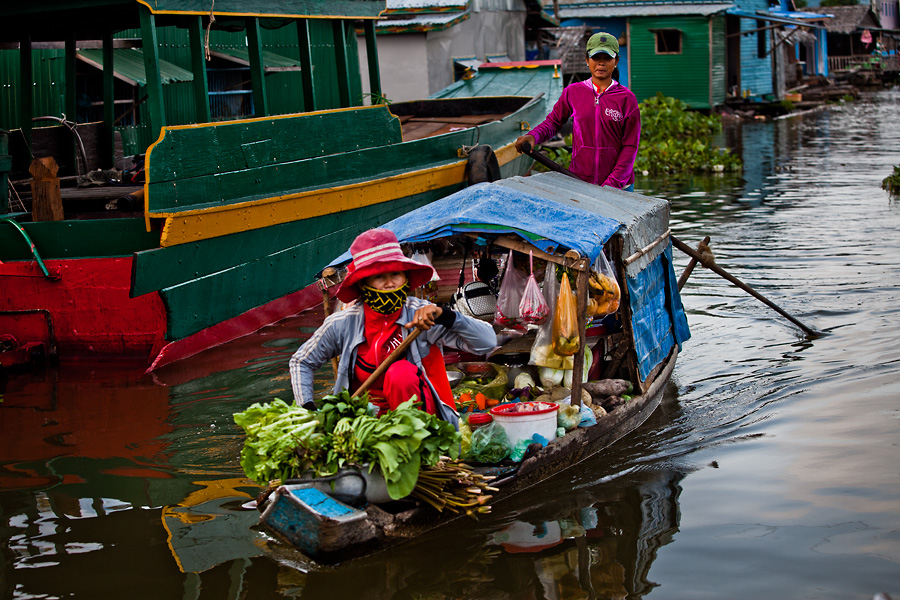
People are rowing their boat to sell vegetables
The floating villages in Cambodia date back to a time when the Khmer people lived along the Mekong River and relied on fishing for their livelihood.
As the population grew, some people began to move onto the water to escape overcrowding on land. Over time, this way of life became more common, and floating villages began to spring up along the rivers and lakes throughout Cambodia.
The economy of Cambodia is heavily dependent on fishing, which has played a significant role in the development of floating villages. Fishing is one of the most critical industries in Cambodia, and it is the primary source of income for many people who live in floating villages.
There are also opportunities for tourism and other industries. Many of the villagers sell fish and other products in local markets, and some offer boat tours and other services to visitors.
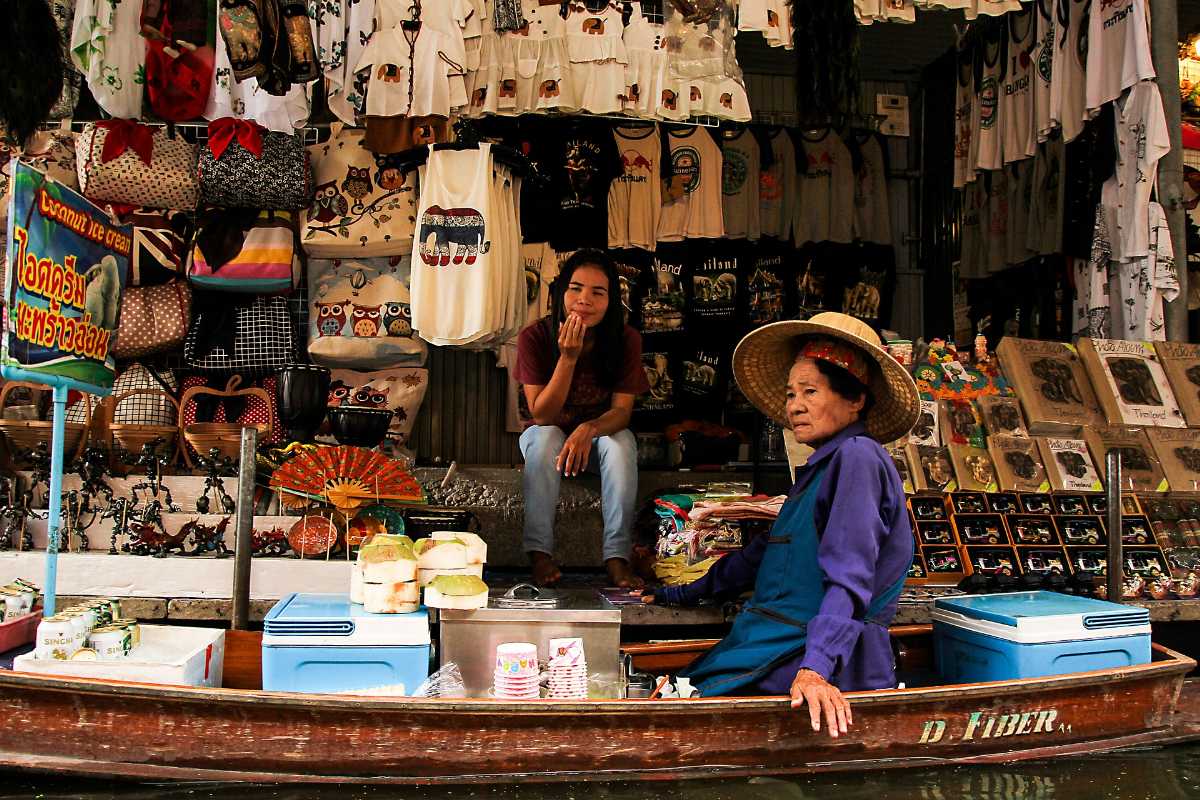
Cambodian Shop in the Floating Villages
The people living in the floating villages have a vibrant culture with unique traditions and customs passed down through generations.
Visitors to the villages can witness traditional fishing methods, listen to local music, and even try their hand at some of the typical crafts and activities in the area.
How Do Floating Villages Work in Cambodia?
The floating villages in Cambodia are self-contained communities that have developed their own unique way of life. They have their own transportation systems, education systems, and food sources and have developed their own distinctive housing style.
Transportation in the floating villages is primarily by boat, which is valid for everything from commuting to work to getting groceries. Because boats are the primary mode of transportation in the floating villages, and most families own at least one boat for fishing and travel.
Some villages also have larger boats that serve as floating schools or community centers. In fact, people living in the floating villages often learn how to swim before they learn how to walk!
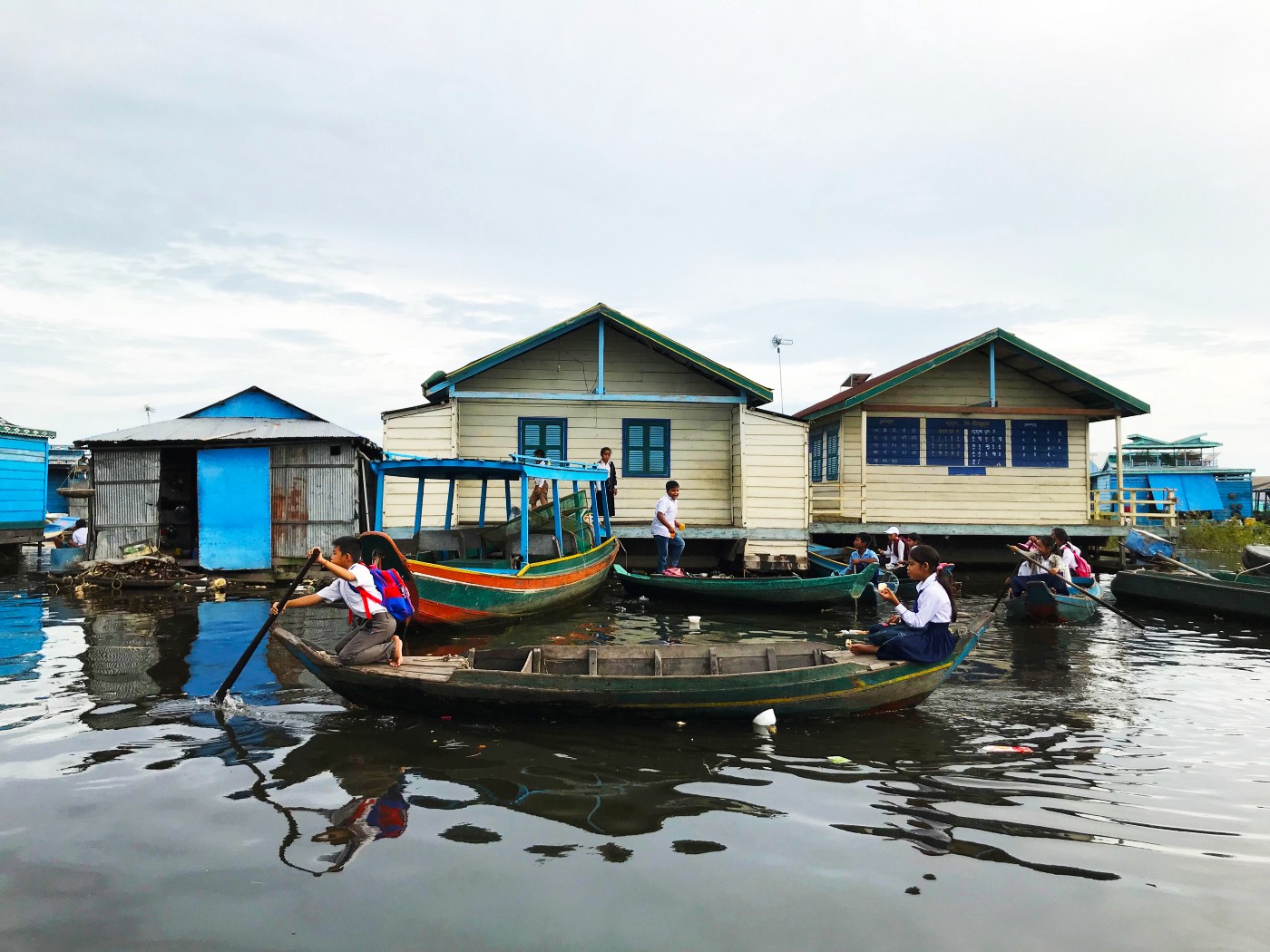
Children are on their way to school by boat
Education is also a key part of life in the floating villages, and there are schools in most villages that are accessible by boat. The curriculum is similar to that of other schools in Cambodia, but the schools are unique in building on the water.
However, it can be challenging for children to attend school regularly due to the distance and difficulty of travel. Some villages have floating schools that allow children to receive an education without leaving the water.
.jpg)
Cambodian Floating Garden
Food is also an essential part of life in the floating villages, and the people who live there rely heavily on fishing for their food. They catch a variety of fish, including catfish, carp, and tilapia.
But there are also floating gardens where villagers grow vegetables and other crops. Many families also keep chickens and other livestock for eggs and meat.
The houses in the floating villages are also unique, and they are built on stilts that are anchored in the water. These houses are designed to be flexible so that they can adjust to changes in water levels.
They are constructed from wood, bamboo, and other natural materials. Some of the larger houses have multiple levels and can accommodate several families.
Who Lives in the Floating Villages in Cambodia?
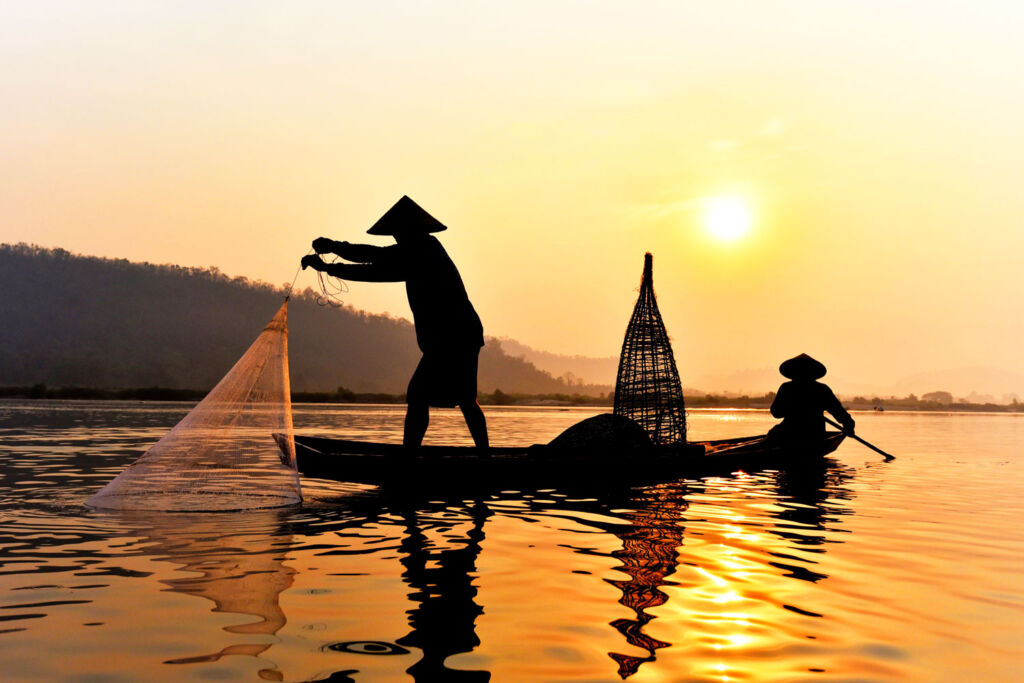
People are fishing on the Tonle Sap Lake
The floating villages in Cambodia are home to a variety of people, including ethnic Khmer, Cham, and Vietnamese communities. Although they come from various backgrounds, they all share a deep respect for the water and a solid connection to their community. Many of the residents are fishermen, but there are also teachers, shopkeepers, and other professionals who live in the villages.
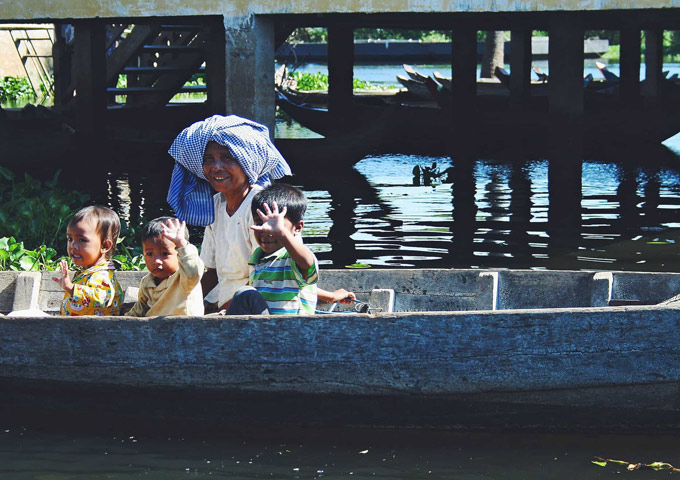
Warm Greetings on the Tonle Sap Lake
The lifestyle of the people who live in the floating villages is simple and close to nature. They wake up early to go fishing and spend their days tending to their homes and gardens. Evenings are often spent with family and friends, sharing meals and stories.
The people who live in these villages have developed a distinct way of life and customs that have been shaped by the natural environment and their cultural heritage. For example, the uses of boats, communal living, and festivals, including the Khmer New Year, Water Festival, and Boat Racing Festival.
How Do I Get to the Floating Villages?
If you want to visit the floating villages in Cambodia, there are a few things you should know.
First, the best time to visit is during the dry season, which runs from November to May. During this time, the water levels are low, and the villages are easier to navigate.
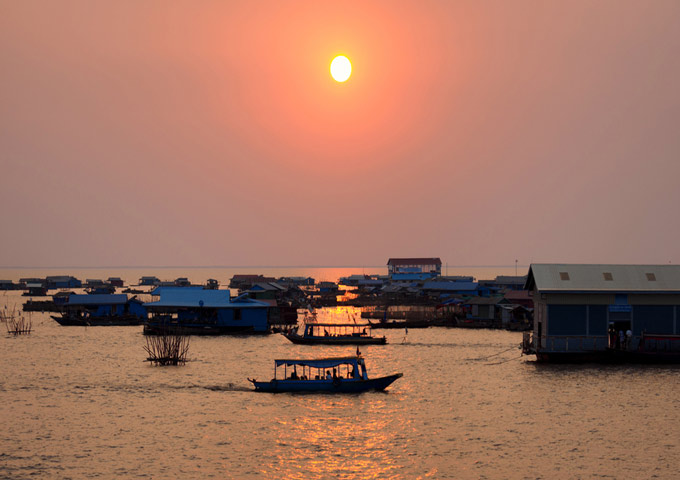
Sunset in Floating Villages, Cambodia
To get to the floating villages, you can hire a boat from one of the nearby towns or cities. Siem Reap and Phnom Penh are excellent starting points, as they are close to several floating villages. You can also take a guided tour, which will provide you with more information about the history and culture of the villages.
Once you arrive at the floating villages, there is plenty to see and do. You can take a boat tour to explore the villages and see the houses and gardens up close.
You can also visit the markets, where you can buy fresh fish, vegetables, and other local products. And if you're feeling adventurous, you can even try your hand at fishing!
Conclusion
The floating villages in Cambodia are a unique and fascinating part of the country's culture and history. They offer visitors a glimpse into a way of life that is both simple and inspiring. If you're planning a trip to Cambodia, be sure to put the floating villages on your itinerary.
Whether you are interested in culture, history, or nature, visiting the floating villages will highlight your trip to Cambodia. We encourage you to see and experience the warmth and hospitality of the people who call these villages home!
More Related Travel Planning Articles
Most Popular Cambodia Tour Packages
-
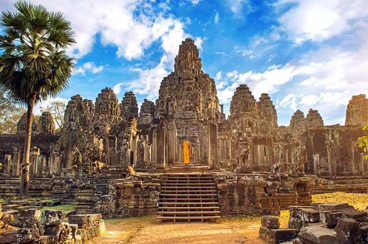 3 Days Luxury Siem Reap Temple Tour
3 Days Luxury Siem Reap Temple TourSiem Reap
This is a glimpse of Cambodia within 3 days, covering the most iconic temples in Siem Reap. When it comes to the temples ...
-
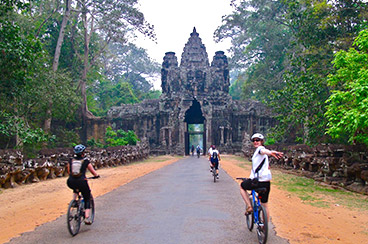 4 Days Siem Reap Luxury Tour with Easy Biking
4 Days Siem Reap Luxury Tour with Easy BikingSiem Reap
Including a full day biking experience to explore Angkor Wat and Angkor Thom, the 4 days’ stay in Siem Reap will leave ...
-
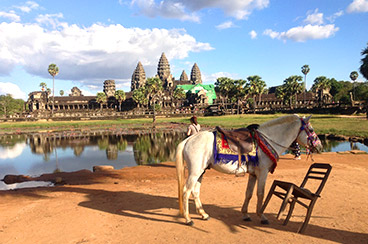 4 Days Cambodia Family Tour with Horse Riding
4 Days Cambodia Family Tour with Horse RidingSiem Reap
The half-day horse riding tour through the countryside, scenic rice fields and tourist-free temple ruins is the highlight ...
-
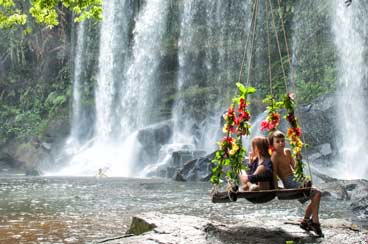 5 Days Siem Reap Family Tour in Kulen Mountain
5 Days Siem Reap Family Tour in Kulen MountainSiem Reap
This 5 days Cambodia family tour offers several fun activities for you and your kids. A biking experience across the Angkor ...
-
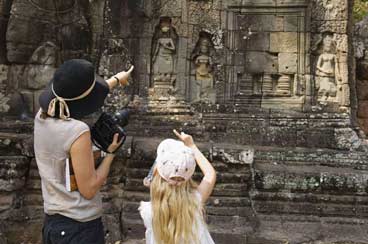 5 Days Cambodia Family Tour from Siem Reap to Phnom Penh
5 Days Cambodia Family Tour from Siem Reap to Phnom PenhSiem Reap - Phnom Penh
An unrivalled biking experience across the Angkor temple complex, a boat trip on Sonle Sap Lake, and a tuk-tuk ride in Phnom ...
-
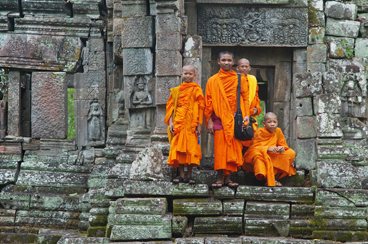 5 Days Best of Siem Reap Luxury Tour
5 Days Best of Siem Reap Luxury TourSiem Reap
This 5 days tour covers the best of Siem Reap. You will have a really deep tour to discover the historical city of Cambodia ...
-
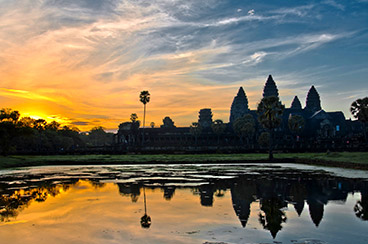 8 Days Classic Cambodia Luxury Tour
8 Days Classic Cambodia Luxury TourSiem Reap - Sihanoukville - Phnom Penh
You will start the 8 days of classic Cambodia luxury from Siem Reap, relax in the beach resort Sihanoukville, and eventuall ...
-
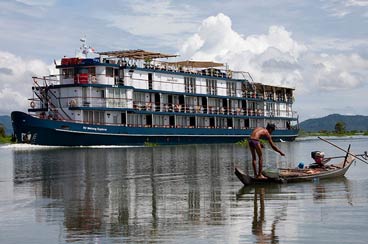 9 Days Cambodia Luxury Tour with Mekong Cruise
9 Days Cambodia Luxury Tour with Mekong CruiseSiem Reap - Mekong Cruise(Kampong Chhnang - Koh Chen) - Phnom Penh
This 9 days Cambodia luxury tour offers you an unparalleled cruise experience on Mekong River from Siem Reap to Phnom Penh ...
Ask Us A Question For Free

.gif)
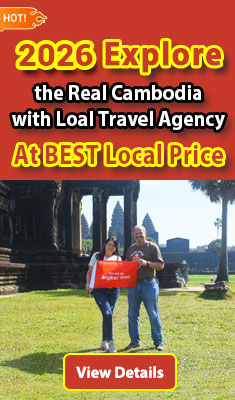
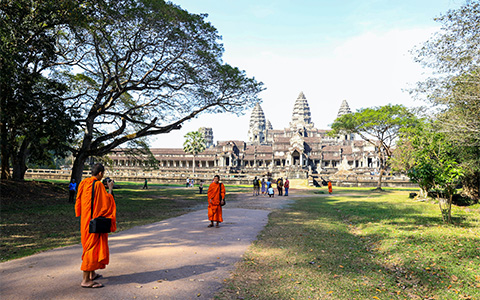
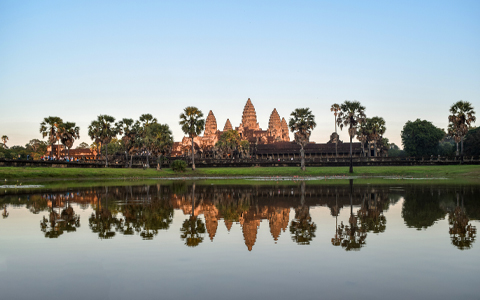
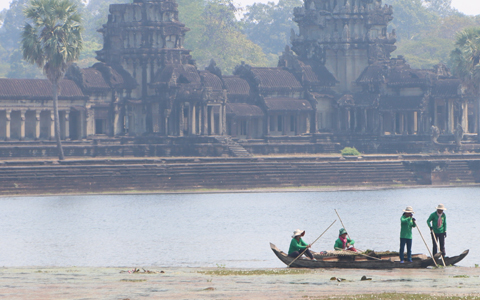
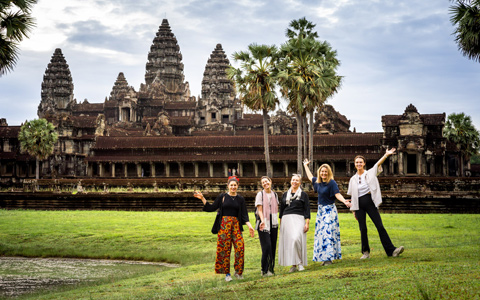
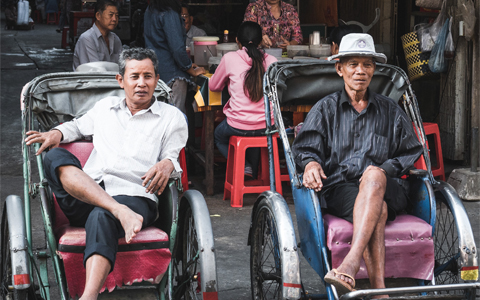
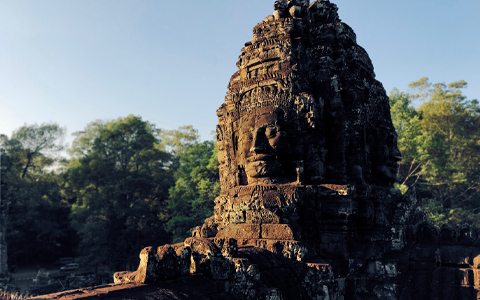
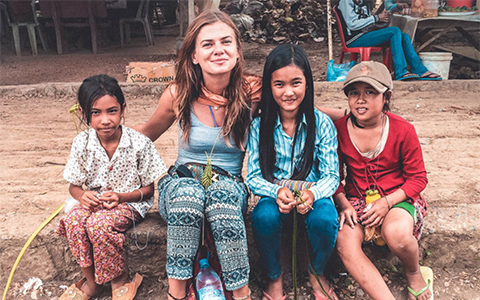
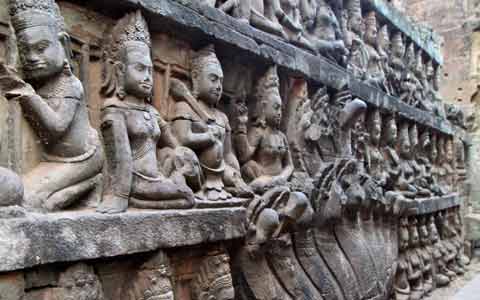
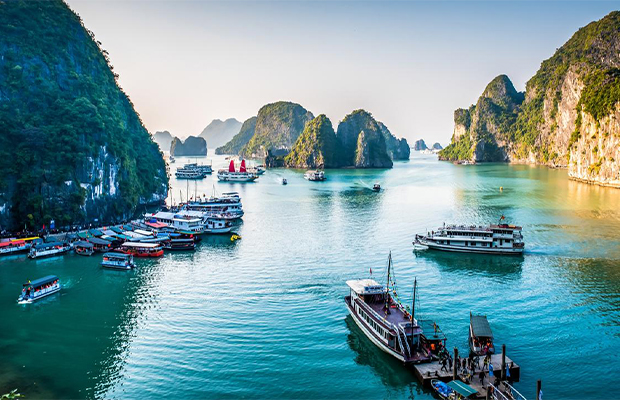
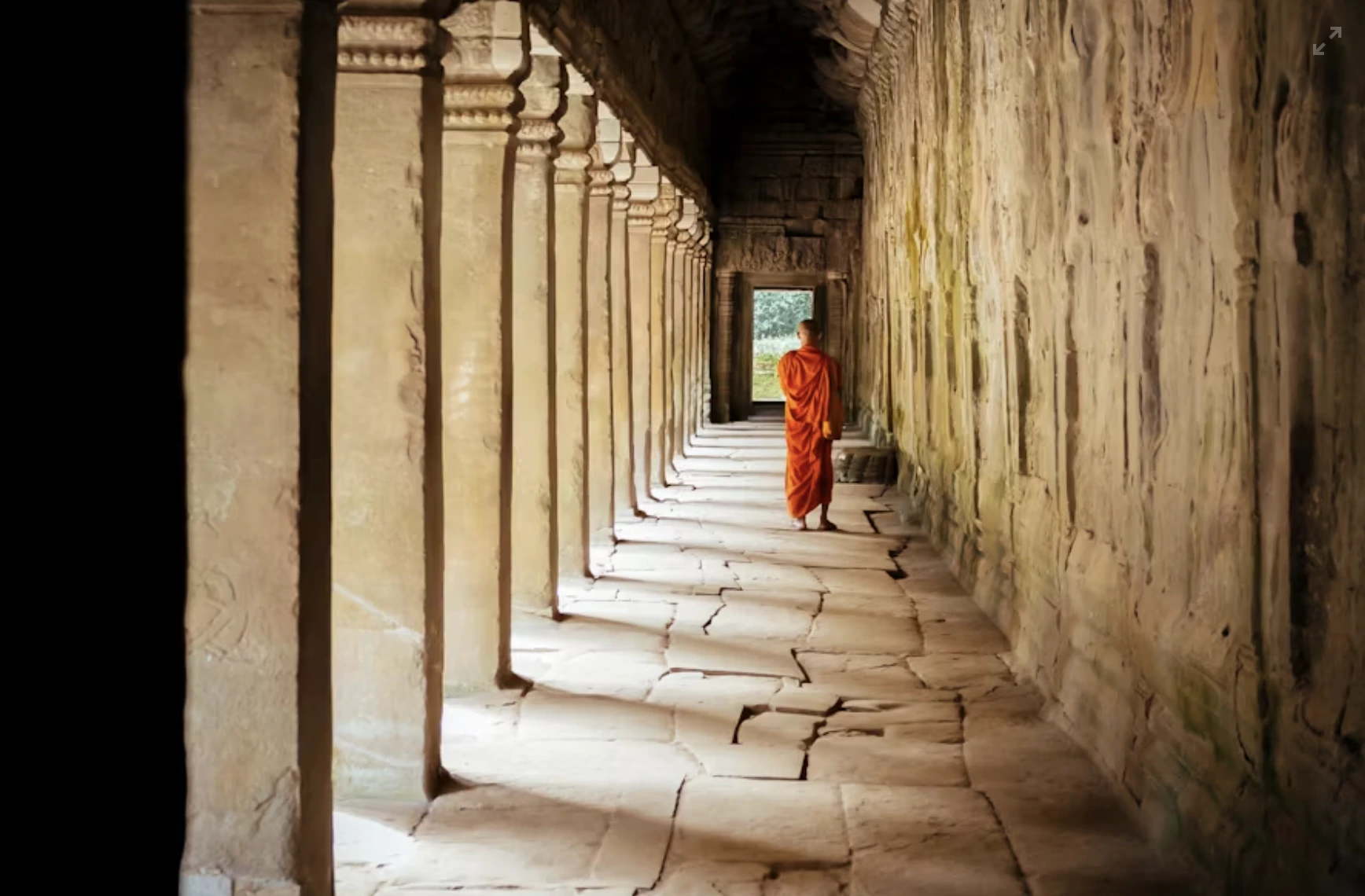
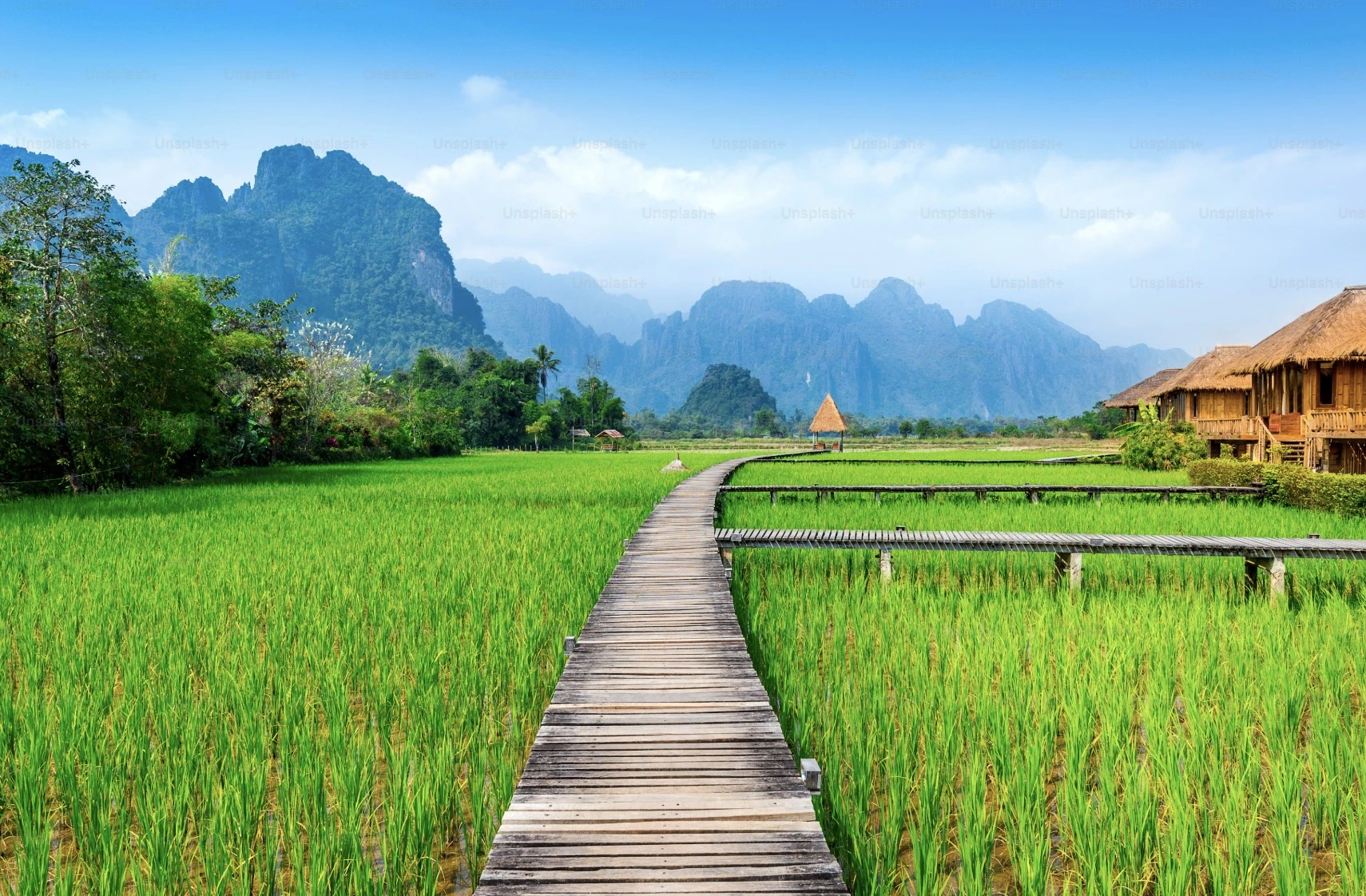
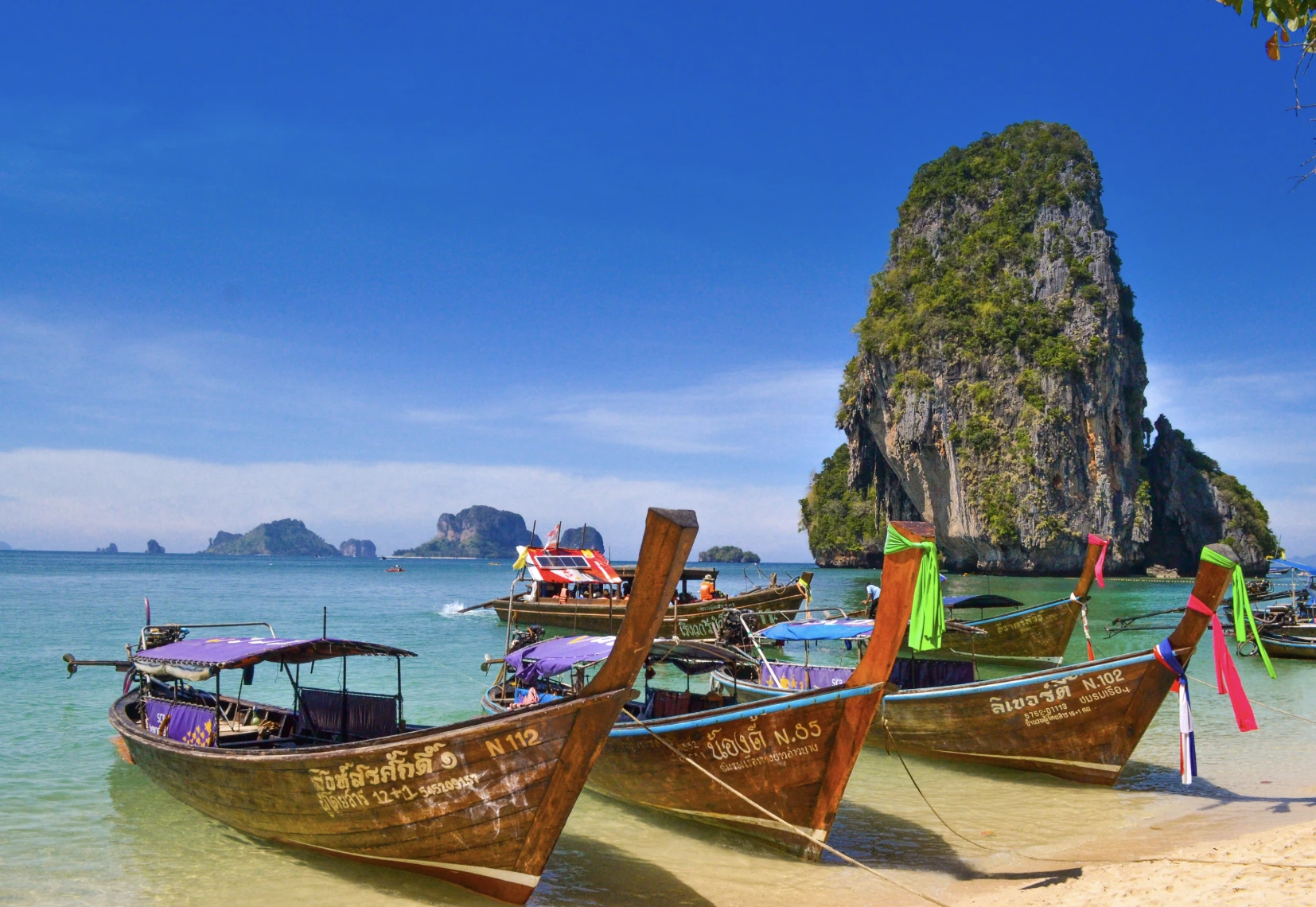
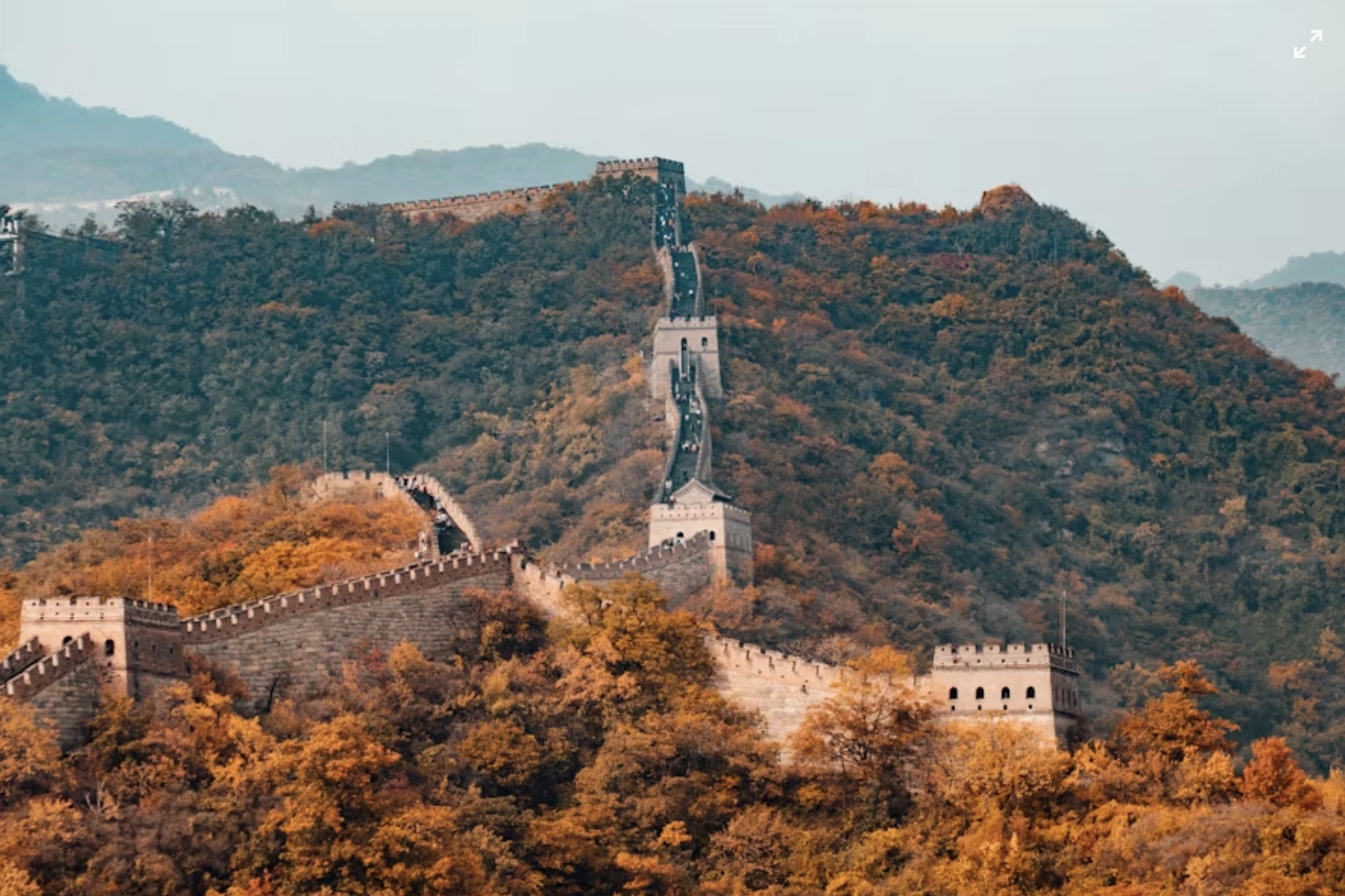


















.jpg)
